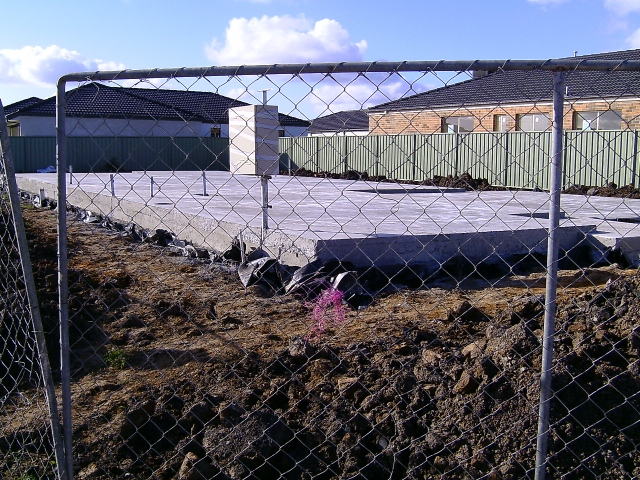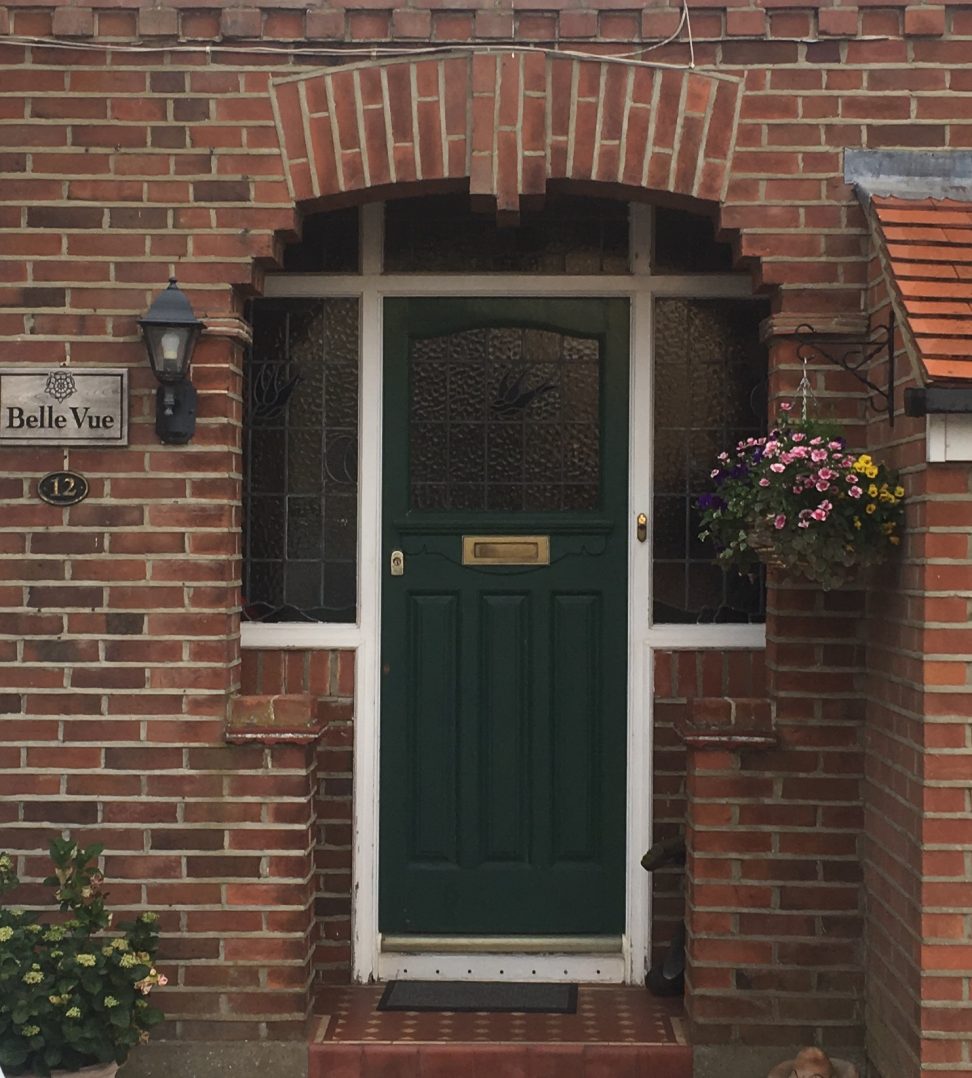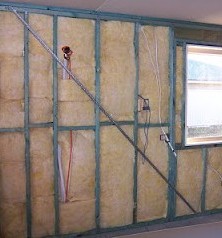Construction
Construction Stage 1 – Base

Most of the work that comprises this stage of the construction will be hidden when the house is completed That doesn’t mean it should be ignored as it has a significant impact on the completed house. This work package can…
Read more
Keeping Records – 5 things to do
My old contract management tutor at university always said that the three most important things when managing a construction contract are: Records; Records; and Records. Over 40 years in the civil engineering industry I have often reflected on the wisdom…
Read more
Working With Your Site Supervisor
If you are building your new house with a big builder once the contract is signed the most important person in the build is going to be the Site Supervisor(SS). The site supervisor is responsible for programming the works, ordering…
Read more
Energy and Water Ombudsman

If you have an ongoing problem with the supplier of Water or Energy utilities its worth contacting the Ombudsman in your state. Our Problem About the middle of June we got rid of our last gas appliance and asked for…
Read more
Occupancy Permit – What Does It Mean?

Occupancy Permit (or Certificate of Final Inspection) is not the same as Completion. It doesn’t even mean the house is ready for PCI Inspection or even that you would be happy to move in. What’s typically needed for an occupancy…
Read more
Construction Locks

Have you ever thought about who has keys for the locks on the doors of your new house? After all there are lot’s of tradies working on the house after ‘Lock Up’ stage. Well these days most builders use Construction…
Read more
Ornamental Brickwork

In Australia most brickwork these days consists of large panels of stretcher bond brickwork. Where there are openings it usually spanned by steel lintels giving a square opening. I’ve just shown a few examples of a different approach from my…
Read more
Liquid Limestone

You might have heard of Liquid Limestone as an alternative paving material…….But what is it? Really its just a different type of concrete. It is much more common in West Australia than other states. The differences between conventional concrete and…
Read more
Why Do Bricks Have Holes?

The holes are called ‘Core Holes’ Before ‘Core Holes’ were a thing most bricks has a large surface indentation called a ‘Frog’ So here are some reasons for the holes. Better locking in with the mortar. As the bricklayer taps…
Read more
Pre-Plasterboard Inspection

Plasterboard can cover a lot of defects . . . . . . . so if worth checking on things before it goes up. Typically the timing of this inspection will be after the ‘Lock Up Stage‘ but before the…
Read more